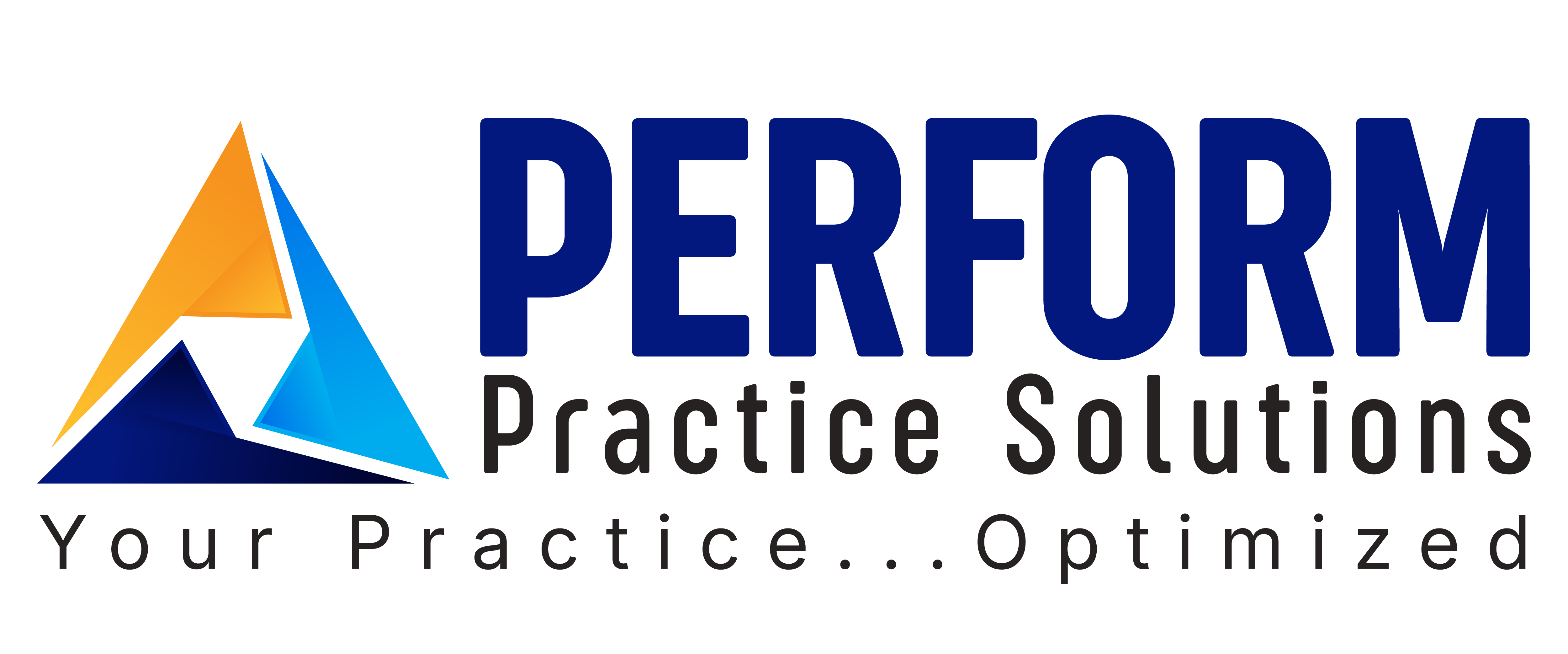Selling your PT business is a significant decision that requires careful planning and strategic execution. Here, we explain this intricate process, offering valuable insights and practical tips for entrepreneurs navigating this critical juncture in their business journey. We’ve done this more than just a few times, so if you would like guidance and support, Perform Practice Solutions is here. You can book a consultation with Kevin Rausch at any time do discuss your challenges and brainstorm!
7 Steps to Selling Your Small Business
Selling a small business is a complex venture that involves several considerations. It can require that you enlist a broker, accountant, and/or an attorney as you proceed. Whether you profit will depend on the reason for the sale, the timing of the sale, the strength of the business’s operation, and its structure.
The business sale will also require much of your time and, once the business is sold, you’ll need to determine some smart ways to handle the profit. Reviewing these seven considerations can help you build a solid plan and make negotiations a success.
KEY TAKEAWAYS
- Identify why you want to sell your business and make sure it’s ready to be sold.
- Take the time you need to prepare your business for sale, determine the value of your business, and consider hiring a business appraiser.
- Decide whether you want to hire a broker or negotiate the deal yourself.
- Once you find a good buyer, there are a series of financial screenings and other steps that need to be taken to keep the process moving.
- Take the time to work with a financial professional and determine how you want to invest or otherwise use the money you make from the sale of your business.
1. Identifying the Reasons for the Sale
You’ve decided to sell your business. Why? That’s one of the first questions a potential buyer will ask.
Owners commonly sell their businesses for any of the following reasons:
- Retirement
- Partnership disputes
- Illness or death
- Becoming overworked
- Boredom
Some owners consider selling the business when it is not profitable, but this can make it harder to attract buyers. Consider the business’s ability to sell, its readiness, and your timing.
There are many attributes that can make your business appear more attractive, including:
- Increasing profits
- Consistent income figures
- A strong customer base
- A major contract that spans several years
2. Deciding the Timing of the Sale
Timing is everything. And that includes the time it takes to get everything ready to sell off your business.
Prepare for the sale as early as possible, preferably a year or two ahead of time. The preparation will help you to improve your financial records, business structure, and customer base to make the business more profitable.
These improvements will also ease the transition for the buyer and keep the business running smoothly.
3. Getting a Business Valuation
Determine the value of your business to make sure you don’t price it too high or too low. You can do this by finding and hiring a business appraiser to get a valuation.
Once you hire an appraiser, they will draw up a detailed explanation of the business’s worth. The document will bring credibility to the asking price and can serve as a gauge for your listing price.
You can also determine the overall value of your business using some key metrics. Consider evaluating your company by determining the market capitalization, looking at earnings multipliers, book value, or other metrics.1
4. Hiring a Broker
Selling the business yourself allows you to save money and avoid paying a broker’s commission. It’s also the best route when the sale is to a trusted family member or current employee.
In other circumstances, a broker can help free up time for you to keep the business up and running, or keep the sale quiet and get the highest price. That’s because the broker will want to maximize their commission. Discuss expectations and advertisements with the broker and maintain constant communication.2
Even if you decide to sell your business to a close family member or employee, rushing through the sales process is not advised. However, if a relatively quick turnaround is needed, hire a business broker to speed up the proceedings.
5. Preparing Documents
Gather your financial statements and tax returns dating back three to four years and review them with an accountant. In addition, develop a list of equipment that’s being sold with the business. Create a list of contacts related to sales transactions and supplies, and dig up any relevant paperwork such as your current lease. Make copies of these documents to distribute to financially qualified potential buyers.
Your information packet should also provide a summary describing how the business is conducted and/or an up-to-date operating manual. You’ll also want to make sure the business is presentable. Any areas of the business or equipment that are broken or run down should be fixed or replaced prior to the sale.
6. Finding a Buyer
A business sale may take anywhere from a few months to years. This includes the time you take to prepare all the way to the end of the sale, according to SCORE, a nonprofit association for entrepreneurs and partners of the Small Business Administration (SBA).3
Finding the right buyer can be a challenge. Try not to limit your advertising, and you’ll attract more potential buyers. Once you have prospective buyers, here’s how to keep the process moving along:
- Get two to three potential buyers just in case the initial deal falters.
- Stay in contact with potential buyers.
- Find out whether the potential buyer pre-qualifies for financing before giving out information about your business.
- If you plan to finance the sale, work out the details with an accountant or lawyer so you can reach an agreement with the buyer.
- Allow some room to negotiate, but stand firm on a price that is reasonable and considers the company’s future worth.
- Put any agreements in writing. The potential buyers should sign a nondisclosure/confidentiality agreement to protect your information.
- Try to get the signed purchase agreement into escrow.
You may encounter the following documents after the sale:
- The bill of sale, which transfers the business assets to the buyer
- An assignment of a lease
- A security agreement, which has a seller retain a lien on the business
In addition, the buyer may have you sign a non-compete agreement, in which you would agree to not start a new, competing business and woo away customers.4
7. Handling the Profits
Now that you’ve sold off your business, it’s time to figure out what to do with the profit that you’ve made. The first instinct may be to go on a spending spree, but that probably isn’t the most wise decision.
Here are a few things you may want to consider:
- Take some time—at least a few months—before spending the profits from the sale.
- Create a plan outlining your financial goals, and learn about any tax consequences associated with the sudden wealth.
- Speak with a financial professional to determine how you want to invest the money and focus on long-term benefits, such as getting out of debt and saving for retirement.
How Do You Sell a Franchise Business?
You’ll need to work in conjunction with your franchiser, as they will need to determine if the new buyer is appropriate. Plus, that new buyer will need to sign a franchise agreement with the franchiser.5
There are a variety of fees and rules associated with owning or selling a franchise that can be found in the FTC’s compliance guide.6
How Do You Sell a Business Idea?
It’s possible to approach a company with a business idea, but first, you need to do your research, prepare a presentation, and research and approach potential targets. While some business plans are best protected with a patent, others can be secured by getting a potential company you want to work with to agree to a non-disclosure agreement.
How Do You Sell a Small Business Without a Broker?
While many people would like to avoid the 10% a business broker may charge, the risks of selling on your own may outweigh the loss of money. But if you’re going to go it alone, prioritize selling to a buyer you know, make use of the advice of experienced, retired owners and executives, and use all the internet resources available, such as the Small Business Administration, or the National Federation of Independent Business (NFIB).
How Do You Sell Your Share of a Business?
Selling your share of a business to your partner(s) is a common ownership transfer method, particularly for small businesses. Having an agreement in place with your partners ahead of the sale will help smooth the transition, increasing the likelihood that both the staying and exiting partners benefit.7
How Much Does It Cost to Sell a Business?
If you go through a business broker and your business is under $1 million, the broker’s commission is likely 10% to 12%. Other fees that can crop up include attorney fees, marketing fees, and the costs of making any cosmetic or more substantial upgrades to your business so as to make it more sellable. There are also fees that may come up if you are transferring a lease to the new owner of your business.1
The Bottom Line
Selling a business is time-consuming and for many people, it’s an emotional venture. A good reason to sell or the existence of a hot market can ease the burden, as can the help of professionals.
It may also be possible to receive free counseling from organizations such as SCORE, and your local chamber of commerce may offer relevant seminars and workshops. When all is said and done, the large sum of money in your bank account and your newfound free time will make the grueling process seem worthwhile.




